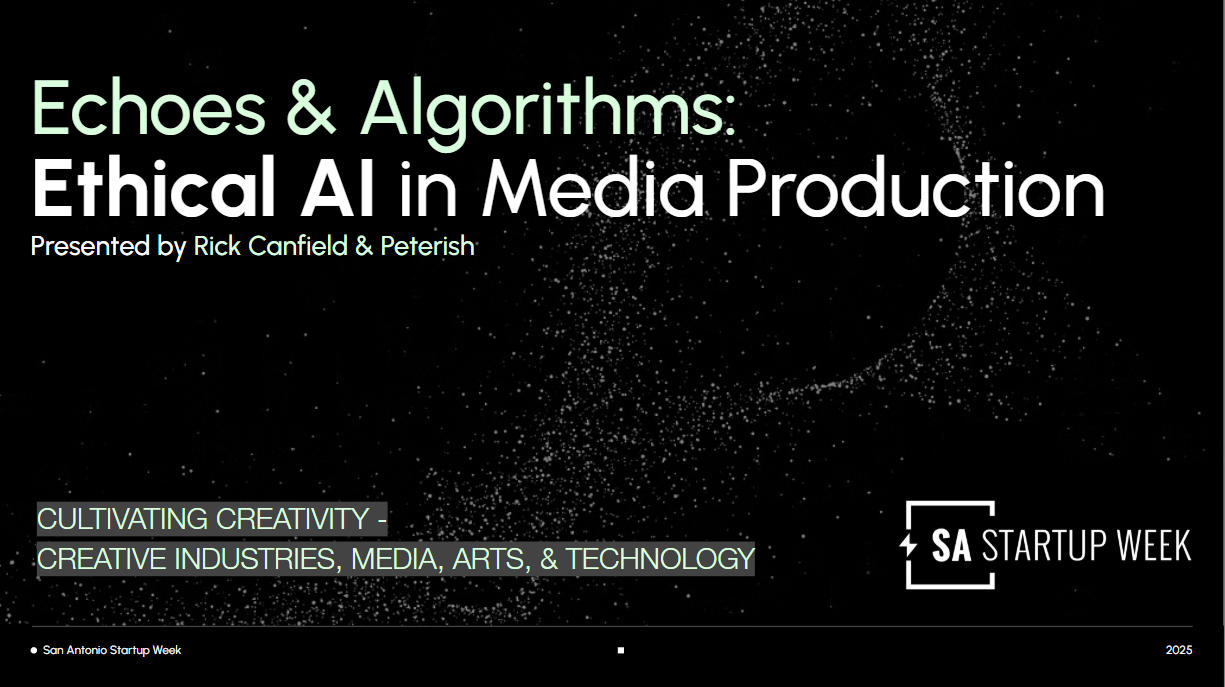From Articles to Avatars: The Evolution of Content Marketing in the Metaverse
For decades, content marketing was a two-dimensional game: blog posts, videos, and social updates. The goal was to capture clicks and views. The metaverse, however, has ripped up the old playbook, replacing the flat screen with a persistent, immersive, and interactive world.
In this new dimension, content isn’t something you passively consume; it’s a world you walk into, interact with, and co-create. This shift means content marketing is no longer about information delivery—it’s about experiential design.
Here is how content marketing is evolving in the metaverse and the strategies brands are using to thrive in this new landscape.
1. Content is Environment, Not a File
The fundamental change is that the “content unit” has transformed. An article is a file; a virtual store is a persistent experience.
| Old Content Unit (Web2) | New Content Unit (Metaverse) |
| Blog Post (Text/Images) | Virtual Showroom (3D, Interactive) |
| 30-Second Ad (Passive Video) | Branded Quest/Game (Gamified Experience) |
| Loyalty Email (Static Text) | NFT Membership Token (Digital Asset Access) |
The Mandate: Your content strategy must prioritize building environments and experiences that encourage users to stay, explore, and return. Instead of reading about a product, users must be able to hold, customize, and try it on in 3D.
2. Immersive Storytelling: The Quest is the Narrative
Forget linear narratives. Metaverse content must be structured like a game, rewarding users for their time and participation.
- Gamified Learning: Brands are creating educational content by building “quests.” For instance, a finance company might build a mini-game in Decentraland where users complete puzzles about decentralized finance (DeFi) to win a tokenized reward. The learning is a direct consequence of the game mechanics.
- Narrative Exploration: Rather than reading a company history page, users explore a virtual ‘Memory Palace’ where each room represents a milestone in the brand’s journey, making the story interactive and memorable.
- Soundscapes and Cues: Successful content uses spatial audio and visual cues to enhance immersion. A fashion store may pipe in unique music, or a quest item may emit a specific sound when a user approaches, deepening the sense of presence.
3. The Power of Co-Creation and UGC (User-Generated Content)
The community-driven ethos of the metaverse makes user-generated content (UGC) exponentially more powerful than in Web2.
- UGC as World-Building: Platforms like Roblox and The Sandbox thrive on UGC. Brands should enable and incentivize their communities to become creators, building assets or experiences within the branded virtual space.
- Example: Vans created a virtual skatepark (“Vans World”) and allowed users to design custom skateboards and apparel, driving millions of visits and integrating the brand directly into the user’s creative workflow.
- Avatars as Content Distribution: When a user creates a new virtual outfit using your digital assets, their avatar becomes a walking advertisement. This social expression is content, and it scales virally.
- Decentralized Feedback Loops: Metaverse environments allow for real-time feedback on content. Brands can track not just clicks, but time spent interacting with a 3D object, informing immediate content changes and product development.
4. Best Practices for Metaverse Content Success
- Go Native, Be Seamless: Content should blend naturally into the virtual environment. A virtual billboard should look like a natural fixture in that world, not a jarring pop-up.
- Prioritize Performance: 3D content must load quickly and run smoothly across various devices (VR, PC, Mobile). Lag is the ultimate content killer in the metaverse.
- Bridge the Phygital Gap: Use NFTs or unique codes within the virtual experience to reward users with real-world utility (e.g., a free coffee, a discount code, or entry into a physical event). This proves the value of the digital interaction.
- Start Small, Iterate Fast: The metaverse is still evolving. Launch small, focused experiments—a single virtual art installation or a short quest—and use the detailed spatial analytics to quickly adapt and refine your next piece of content.
The future of content marketing is about building spaces where your audience wants to be, giving them the tools to express themselves, and rewarding them for their time. Stop pushing messages at your audience; start building worlds for them.
- Echoes & Algorithms: Ethical AI in Media Production - October 28, 2025
- Creativity and AI Ethics: An Essential Toolkit for Game Dev Success - August 1, 2025
- Echoes on the Canyon Walls: Why the Pecos Rock Art is North America’s Oldest Grand Media - May 1, 2025






